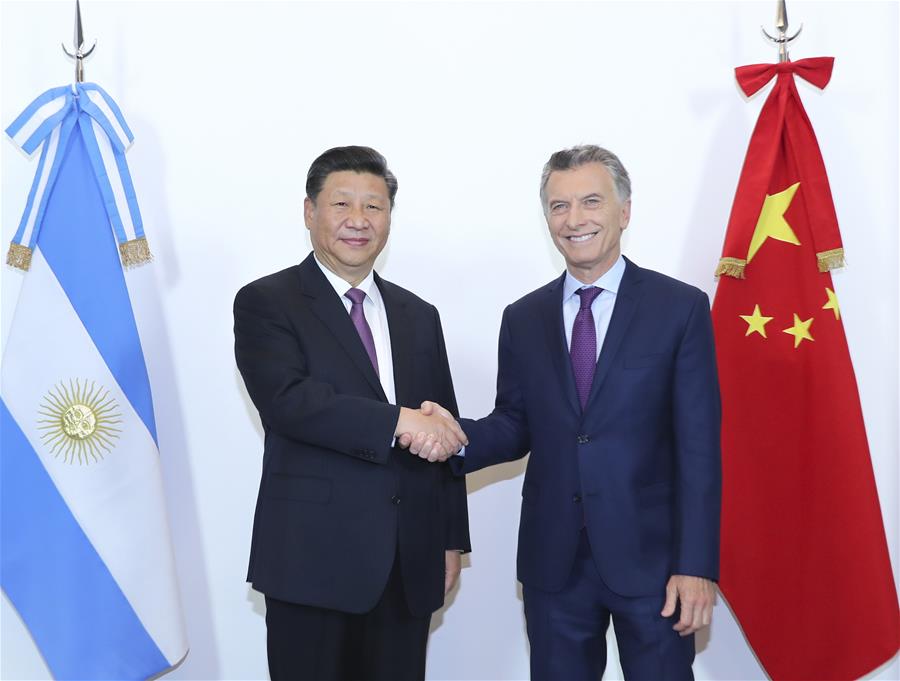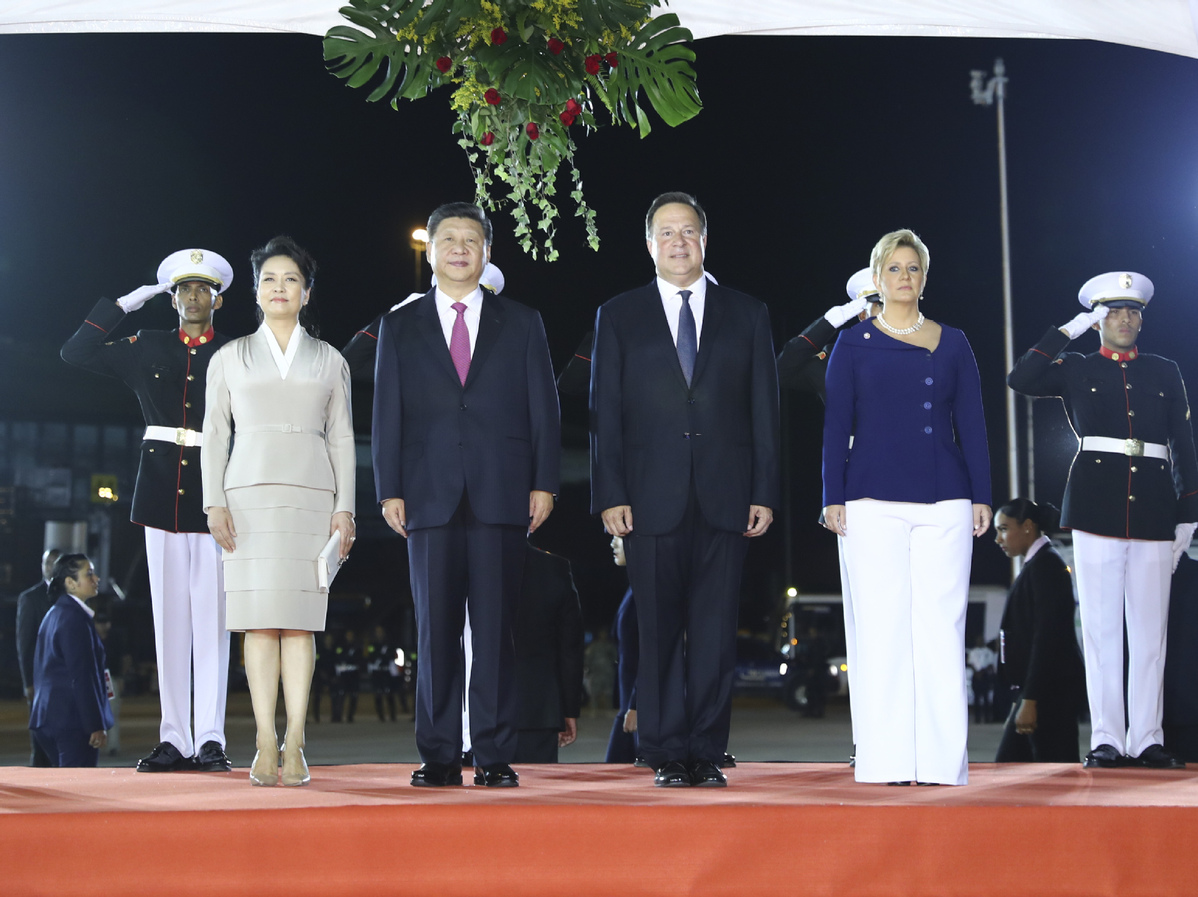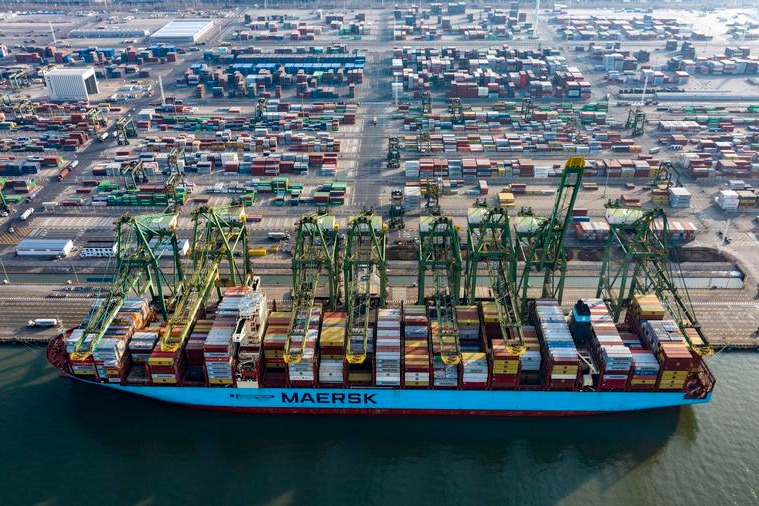Latin America benefits from dividends of Belt and Road


President Xi Jinping's official visits to Argentina and Panama, following his attendance at the just concluded G20 Leaders' Summit in the Argentine capital of Buenos Aires on the weekend, will turn a new page in China's relations with these two countries and help further enhance reciprocal cooperation between China and Latin America.
In his meeting with Argentine President Mauricio Macri on Sunday, the two leaders agreed to jointly open up a new era for the comprehensive strategic partnership between the two countries. They also vowed to continue cooperation on various infrastructure projects, energy and agriculture while promoting collaboration in such fields as culture, education, tourism and environmental protection.
Both China and Argentina are major developing countries and emerging-market economies, and both are staunch supporters of multilateralism and an open and inclusive global economy. Their pledge to foster even closer bilateral ties will cater to the interests of both countries and offer support to the global economic system as well as contribute to China's relationship with Latin America.
As for Xi's visit to Panama this week, the first by a Chinese president, its significance goes beyond the bilateral scope as Panama — a country with strategic importance in international shipping and trade, which only established formal diplomatic ties with China last year — has been the first Latin American country to sign a memorandum of understanding with China to promote the Belt and Road Initiative.
The past one and half years have witnessed a strong momentum in bilateral cooperation featuring both efficiency and initial achievements, and the rosy picture for bilateral ties shows the strong appeal of China to Latin American countries

It is not only the desire to tap the vast potential of the Chinese market but also the recognition that China's development dividends can be shared.
Xi left for Argentina after visiting Spain and he will return to China after visiting Portugal, highlighting the historical ties between the Old World and New World and how the revival of the ancient Silk Road trade routes which now link China to Europe and to Latin America.
True, Latin America is a sensitive region in geopolitics. But China has no intention of seeking a sphere of influence there. Attempts to malign China's cooperation with countries is at best ignorant or worst ill-intentioned.
China is not engaged in a zero-sum game in the region. It is working with Latin American countries to build logistics, electricity and information pathways. This is not as a means to pursue geopolitical competition, but rather as a way to realize shared growth.
For despite the current challenges facing Latin America, China is confident the growth prospects for the region are bright, and it will continue to work with partners in the region, including Argentina and Panama, for shared development.


































